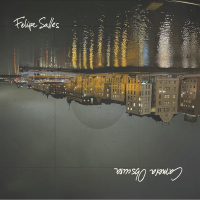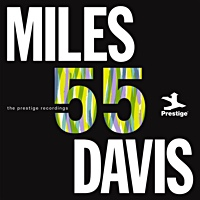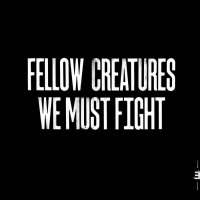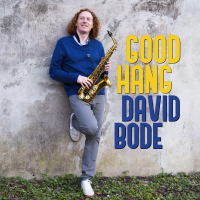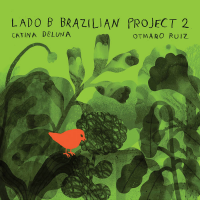Home » Jazz Articles » Album Review » Socrates Garcia Latin Jazz Orchestra: Back Home
Socrates Garcia Latin Jazz Orchestra: Back Home
Garcia's compositions (he wrote and arranged every number on the album) are lively and effervescent, easily bridging whatever gap, real or imagined, that may exist between American jazz and the music of his homeland. While Latin rhythms predominate, the more well-known samba, bossa and tango are supplanted by Dominican cadences such as the bachata and merengue. As for Garcia's sidemen, most of whom call Colorado home, their mastery of his blueprint is such that they might easily be misread as emigres from Garcia's birthplace. An exception is the all-Dominican rhythm section, comprised of pianist Manuel Tejada, bassist
Pengbian Sang
bass
Helen De La Rosa
drumsThe album's centerpiece and inspiration is the colorful "Dominican Suite," which opens with a sharply drawn "Tribute to Tavito" (identified by Garcia as saxophonist Tavito Vasquez, known as "the

Charlie Parker
saxophone, alto1920 - 1955

Brad Goode
trumpetb.1963
Not only is Back Home a near-perfect blend of Dominican and American music, it stands tall on its own as a superlative example of big-band jazz at its best. Well done, Socrates. ">
Track Listing
Vantage Point; Calle el Conde a Las 8:00; Celebration of the Butterflies; Back Home; Dominican Jazz Suite for Orchestra (Homage to Tavito / Bachata for Two / From Across the Street).
Personnel
Socrates Garcia
composer / conductorSocrates Garcia: composer, arranger, conductor, guitar (4); Brad Goode: trumpet, flugelhorn; Dave Rajewski: trumpet, flugelhorn; Jordan Skomal: trumpet, flugelhorn; Miles Roth: trumpet, flugelhorn; Wil Swindler: alto, soprano sax, flute; Briana Harris: alto sax, flute; Kenyon Brenner: tenor sax, flute, clarinet; Joel Harris: tenor sax, clarinet; Ryan Middagh: baritone sax, bass clarinet; Brielle Frost: flute; Joe Chisholm: trombone; Frank Cook: trombone; Jonathan Zimmy: trombone; Guillermo Rivera: trombone; Gary Mayne: bass trombone; Manuel Tejada: piano; Steve Kovalchek: guitar (3); Pengbian Sang: bass; Helen De Rosa: drums; Felix °∞Abuelo°± Garcia: tambura, congas, atabales, vocal (7); Rafael Almengod: atabales, tambu, vocal (7); Josue Reynoso: guira; Otoniel Nicolas: timbal; Hovernys Garcia: vocal (7); Lia Nova: vocal (7).
Album information
Title: Back Home | Year Released: 2016 | Record Label: MAMA Records
Tags
Comments
About Socrates Garcia
Instrument: Composer / conductor
PREVIOUS / NEXT
Support All About Jazz
 All About Jazz has been a pillar of jazz since 1995, championing it as an art form and, more importantly, supporting the musicians who make it. Our enduring commitment has made "AAJ" one of the most culturally important websites of its kind, read by hundreds of thousands of fans, musicians and industry figures every month.
All About Jazz has been a pillar of jazz since 1995, championing it as an art form and, more importantly, supporting the musicians who make it. Our enduring commitment has made "AAJ" one of the most culturally important websites of its kind, read by hundreds of thousands of fans, musicians and industry figures every month.






 Buy Now
Buy Now





